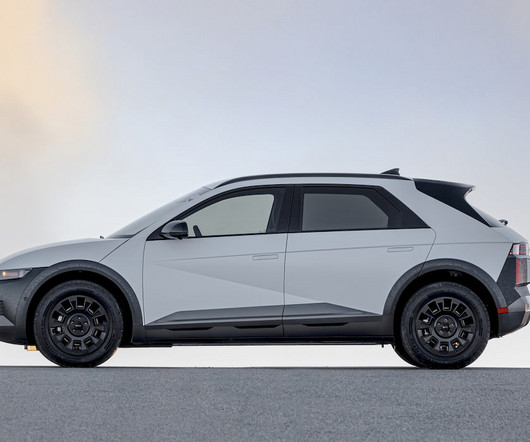Georgia Tech team develops simple, low-cost process for oxide nanowires; superior separators for Li-ion batteries
Green Car Congress
JANUARY 20, 2017
Researchers at Georgia Tech have developed a simple technique for producing oxide nanowires directly from bulk materials under ambient conditions without the use of catalysts or any external stimuli. The alloy is then placed in a suitable solvent, which could include a range of alcohols, such as ethanol.




















Let's personalize your content